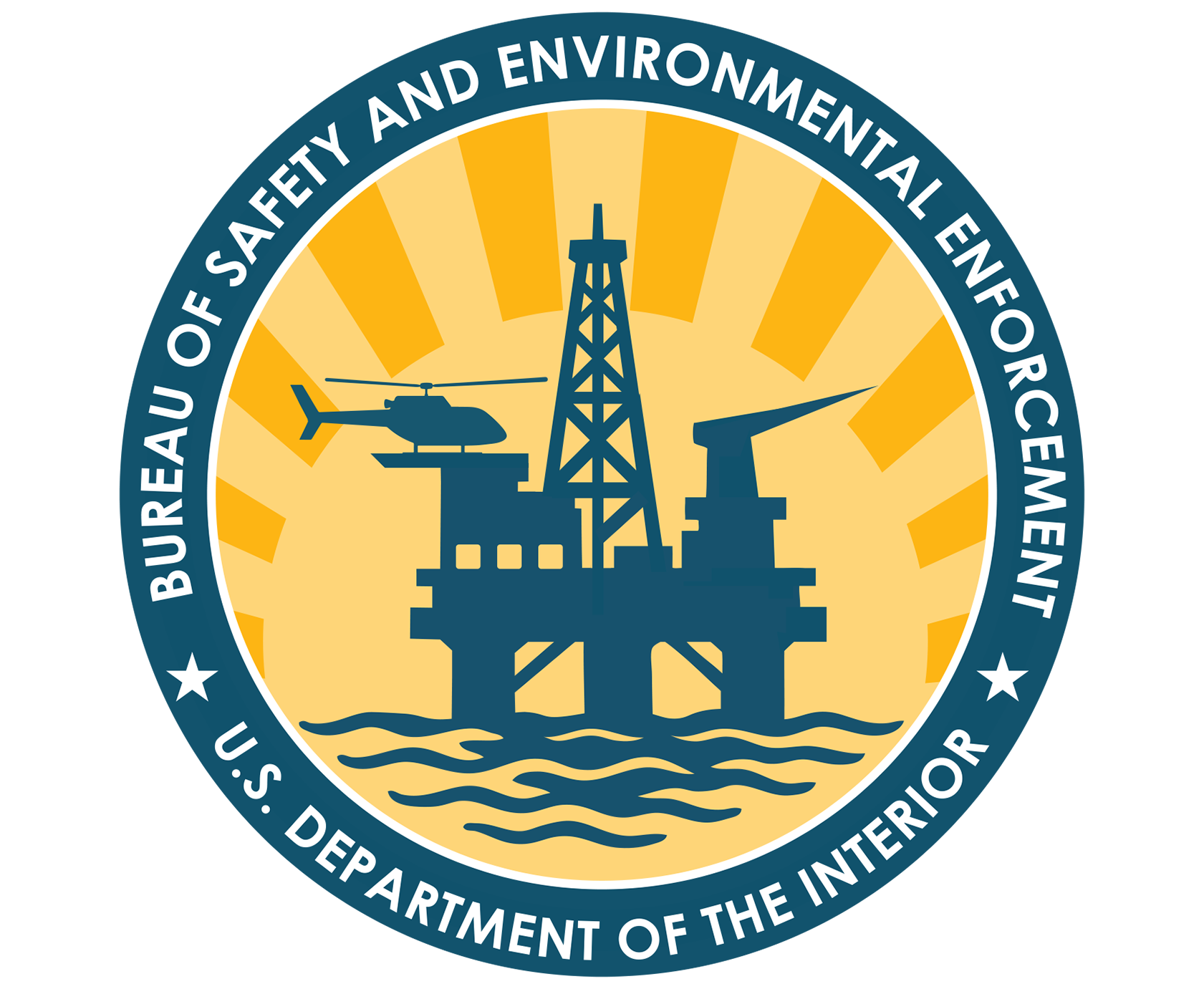You are viewing ARCHIVED content published online before Jan. 20, 2025. Please note that this content is NOT UPDATED,
and links may not work. Additionally, any previously issued diversity, equity, inclusion or gender-related guidance on
this webpage should be considered rescinded. For current information, visit
News Items | Bureau of Safety and Environmental Enforcement.
WASHINGTON, D.C.– The Bureau of Safety and Environmental Enforcement (BSEE) today posted a revised internal policy for evaluating proposals to convert obsolete, offshore oil and natural gas production platforms into artificial reefs.
The Interim Policy Document replaces a policy addendum issued by BSEE’s predecessor agency in 2009, and removes the requirement for a five-mile buffer zone between designated reefing areas and certain restrictions to reefing in place. The revised policy also provides for extensions to regulatory decommissioning deadlines for facilities that companies are actively pursuing acceptance into a state program, and it eliminates storm-toppled platforms from consideration.
'For the past several months, we have been working with our federal partners, state officials and affected stakeholders in the Gulf of Mexico region to learn about their needs and concerns regarding the inclusion of oil and gas infrastructure in the states’ artificial reef programs,' BSEE Director James A. Watson said. 'This policy is reflective of the feedback we received. It provides states greater flexibility in their planning and addresses the multiple uses for these areas while ensuring the marine environment is protected.'
Federal regulations and leasing contracts require offshore oil and gas operators to permanently seal wells that are no longer producing and remove any associated infrastructure, including the production platform.
BSEE can grant a departure from the removal requirement in a process commonly known as 'rigs to reefs' provided the platform meets certain structural criteria and other federal and state requirements, and is accepted by a state into its artificial reef program. After all hazardous materials are removed, the platform structure can be dismantled and towed to a designated reefing area, or may be reefed in place under certain conditions. In each case, the state assumes the liability for the structure.
The revised policy reinforces case by case evaluation of each reefing proposal with balanced consideration of future oil and gas development, pipeline rights of way, decommissioning operations and other uses such as charter, commercial and recreational fishing, shrimping and recreational diving.
Working with the National Ocean Council, BSEE, along with the National Oceanic and Atmospheric Administration, the U.S. Army Corps of Engineers, the U.S. Coast Guard, the Bureau of Ocean Energy Management and the Environmental Protection Agency held two stakeholder meetings to discuss the rigs to reefs policy and policy revisions. In addition, BSEE worked with officials in Texas, Louisiana, Mississippi and Alabama to determine a policy that would allow the states the greatest flexibility in their artificial reef planning while balancing environmental considerations with the various other uses for the structures and reefing areas. For more information about these meetings and the conversion of obsolete oil and gas platforms into artificial reefs, please click here.
To view the revised policy document, please click here.
- BSEE -
